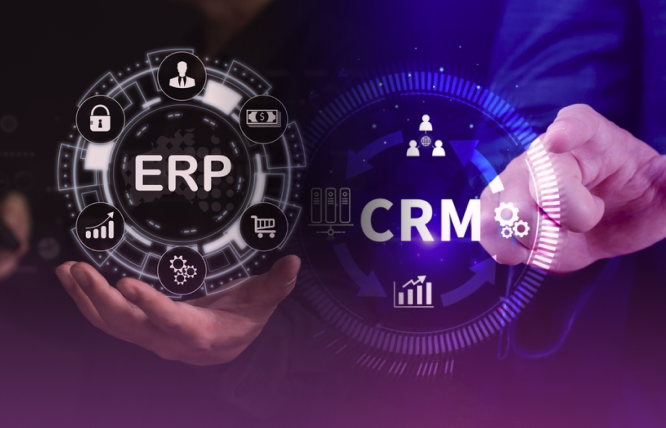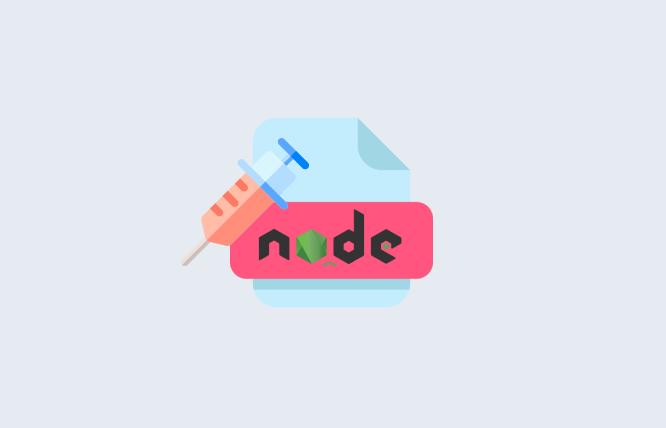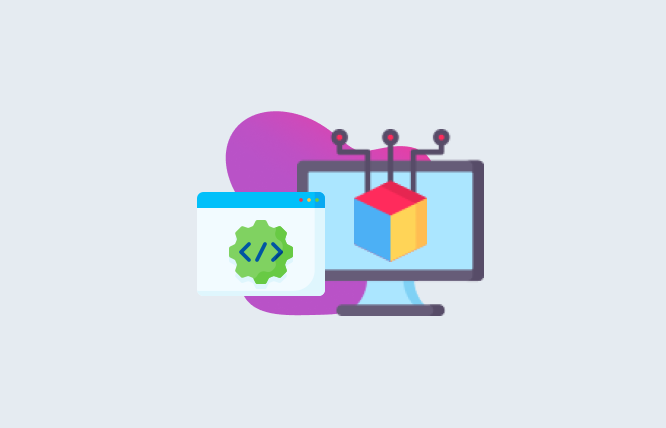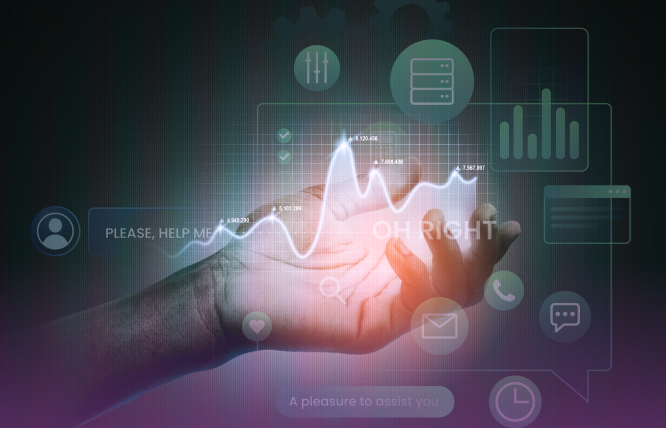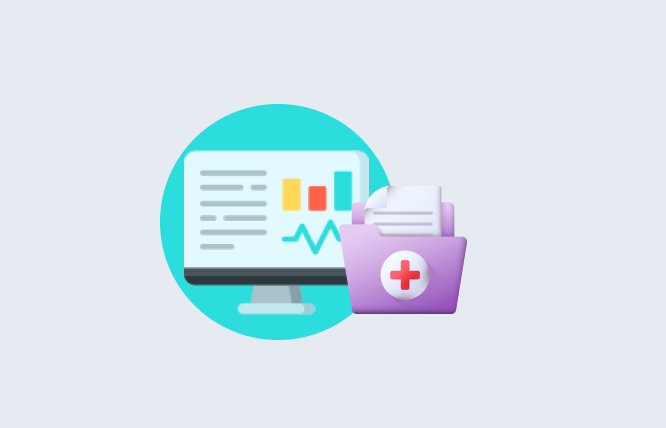Businesses understand the impact of enterprise resource planning systems and CRM systems. In this article, we will learn the differences, benefits and impact of integrating them CRM and ERP.
CRM and ERP are regarded as the two most useful software in organisations. These software help you streamline your processes and ensure that all your operations are efficient. There are several stats that back the importance of CRM and ERP. According to Webinar Care, 92% of businesses say that a CRM software has helped them reach their revenue goals. According to HG Insights, the global ERP market has grown by 8% since 2022 across geographies, company revenues, and sizes.
In this article, we will discuss the key differences between CRM and ERP, their uses within a company and how one can help the other.
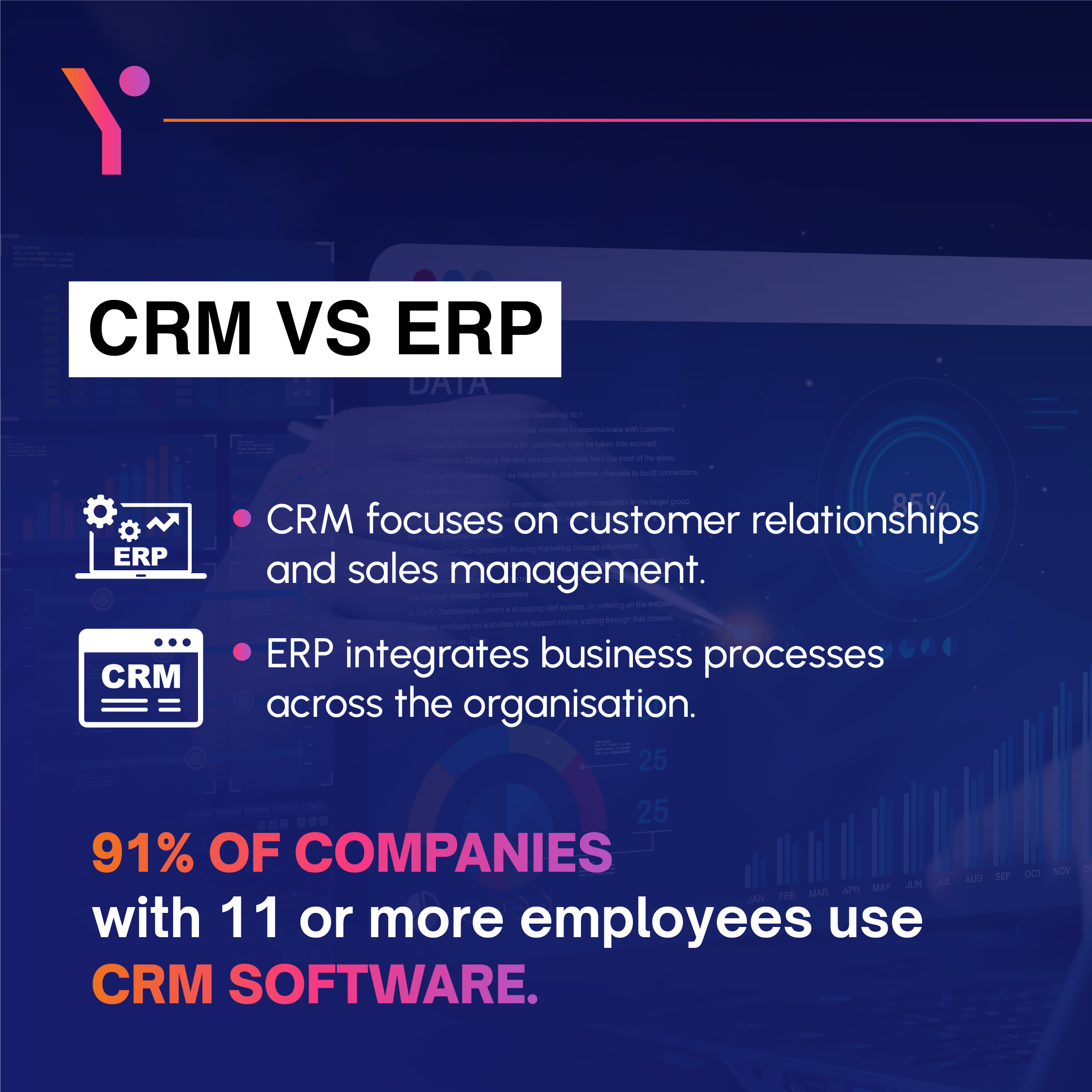

Difference Between CRM & ERP Solutions
Customer Relationship Management (CRM) and Enterprise Resource Planning (ERP) are two essential software solutions that help businesses manage and streamline their operations.
CRM focuses on managing a company’s communication with current and potential customers. It helps businesses improve customer relationships, enhance customer service, and drive sales growth. Key functionalities of CRM include contact management, sales management, and customer support.
ERP, on the other hand, integrates various business processes across different departments into a single unified system. It provides comprehensive insights into core business operations, including finance, human resources, supply chain, manufacturing, and inventory management. ERP optimises and automates back-office functions to improve efficiency and reduce costs.
| Feature/Aspect | CRM | ERP |
| Primary Focus | Managing customer relationships and enhancing customer satisfaction. | Streamlining and automating internal business processes across various departments. |
| Key Functions | Sales force automation, customer service, marketing automation, and contact management. | Financial management, human resources, supply chain management, inventory control, and manufacturing. |
| Target Users | Sales teams, marketing teams, customer service representatives. | Executives, finance departments, HR, procurement, manufacturing, and inventory managers. |
| Data Managed | Customer data, sales data, customer interactions, marketing campaigns. | Company-wide data including financial records, employee information, supply chain data, and production data. |
| Benefits | Improves customer relationships, boosts sales and marketing effectiveness, enhances customer retention. | Increases operational efficiency, reduces costs, improves financial accuracy, streamlines business processes. |
| Deployment | Can be deployed as standalone software focusing on customer-related processes. | Typically deployed as a comprehensive suite that integrates various business functions. |
| Integration | Often integrated with email, social media, and marketing tools. | Integrates with financial systems, HR systems, supply chain management, and manufacturing systems. |
| Customisation | High level of customisation to suit sales and marketing processes. | Customisable to fit specific business operations and industry requirements. |
| Time to Implement | Quicker to implement due to its focused scope. | Longer implementation time due to its wide-ranging functionalities and integration needs. |
| Examples | Salesforce, HubSpot, Zoho CRM | SAP ERP, Oracle ERP, Microsoft Dynamics 365 ERP |
Benefits of ERP & CRM
An integrated CRM and ERP solution can do wonders for your business be it for tracking processes or improving sales. Here are the benefits you can enjoy by integrating an ERP and CRM software for small businesses.
| Benefit | CRM | ERP |
| Customer Relationships | Improved understanding and management of customer needs. | N/A |
| Sales Efficiency | Automated sales processes, focus on closing deals. | N/A |
| Customer Retention | Tools to track interactions and preferences. | N/A |
| Marketing Campaigns | Targeted marketing based on customer behavior insights. | N/A |
| Data-Driven Decision Making | Centralised customer data for actionable insights. | Comprehensive reporting and analytics for informed decisions. |
| Streamlined Communication | Centralised communication between departments. | Better communication and collaboration across departments. |
| Productivity | Automation of routine tasks, higher productivity. | Streamlined and automated business processes. |
| Efficiency | N/A | Increased overall efficiency through process integration. |
| Cost Savings | N/A | Elimination of redundancies, lower operational costs. |
| Collaboration | N/A | Enhanced collaboration through a single source of truth. |
Using CRM & ERP Together: A Comprehensive Approach for Businesses
Businesses can achieve remarkable efficiency and synergy by integrating Customer Relationship Management (CRM) and Enterprise Resource Planning (ERP) systems.
Here is how they can be used together to enhance business operations:
Unified Data Management
By integrating CRM and ERP, businesses can create a single repository for all customer and operational data. This ensures that all departments have access to consistent and up-to-date information.
Furthermore, the two solutions together will allow you to remove redundancies and discrepancies in data, leading to accurate reporting and better decision-making.
Enhanced Customer Experience
Combining CRM’s customer interaction data with ERP’s operational data provides a 360-degree view of the customer, including purchase history, preferences, and order status. It also offers detailed insights from both systems, enabling personalised services and proactive support, enhancing customer satisfaction and loyalty.
Streamlined Processes
Integration allows for seamless automation of workflows across departments. For instance, a sale recorded in the CRM can automatically trigger order fulfillment processes in the ERP.
Sales teams can also access inventory levels and order statuses in real-time, enabling them to set accurate customer expectations and reduce delivery times.
Improved Sales & Financial Reporting
Businesses can generate comprehensive reports that combine sales, financial, and operational data, providing deeper insights into performance and profitability. Furthermore, real-time data from both systems allows for prompt and informed decision-making, which is crucial for responding to market changes and opportunities.
Better Forecasting & Planning
CRM data on customer behaviour and sales trends can be used with ERP data on inventory and production capacity to improve demand forecasting and inventory management.
With integrated data, businesses plan resources more effectively, ensuring that production, staffing, and logistics are aligned with sales forecasts.
Enhanced Collaboration
Integration fosters better communication and coordination between sales, marketing, finance, and operations teams, leading to more cohesive and aligned business strategies.
Shared Goals and Metrics: Teams can work towards shared goals with a unified understanding of key metrics and performance indicators.
Optimised Financial Management
Sales transactions recorded in the CRM can be automatically transferred to the ERP for billing and invoicing, reducing errors and ensuring timely payments.
Integration provides a clear picture of revenue, expenses, and profitability, enabling better financial management and strategic planning.
Scalability & Flexibility
As businesses grow, integrated CRM and ERP systems can scale to accommodate increased data volume and complexity, supporting expansion without sacrificing efficiency.
Businesses can tailor workflows and processes to meet business needs, ensuring that the integration supports unique business models and strategies.

Conclusion
To summarise the use of both ERP and CRM software, we have designed a table discussing its impact.
| Aspect | CRM | ERP |
| Data Management | Manages customer interactions and sales data. | Manages operational, financial, and inventory data. |
| Customer Experience | Provides insights into customer behavior and preferences. | Tracks order status and inventory levels. |
| Process Efficiency | Automates sales and marketing workflows. | Automates operational and financial workflows. |
| Reporting | Generates sales and customer reports. | Generates operational and financial reports. |
| Forecasting and Planning | Uses customer and sales data for forecasting. | Uses inventory and production data for planning. |
| Collaboration | Enhances coordination between sales and marketing teams. | Enhances coordination between finance, operations, and logistics teams. |
| Financial Management | Tracks sales transactions and customer payments. | Manages billing, invoicing, and financial reporting. |
| Scalability and Flexibility | Supports scalable customer relationship management processes. | Supports scalable operational and financial management processes. |
Whether you are looking for cloud-based ERP for small business or CRM for small business manufacturing, FuturByte has you covered. Contact us today for a free consultation on how we can assist your business for streamlined operations.
Frequently Asked Questions
ERP (Enterprise Resource Planning) systems focus on integrating and automating core business processes to improve operational efficiency, covering areas such as finance, supply chain, manufacturing, and human resources.
CRM (Customer Relationship Management) systems, on the other hand, are designed to manage and analyse customer interactions and data throughout the customer lifecycle, aiming to improve customer relationships, retention, and sales growth.
ERP systems streamline business processes by integrating various functions into a single system. This integration eliminates data silos, reduces manual data entry, and ensures that all departments are working with the same information. ERP systems automate routine tasks, provide real-time insights, and improve resource planning, which collectively enhances operational efficiency and productivity.
Yes, it is possible to integrate CRM and ERP systems. Integration enables the seamless flow of information between customer-facing and back-office functions. This combined system provides a comprehensive view of both customer interactions and operational data, improving decision-making, customer service, and overall business efficiency. Many software providers offer pre-built connectors or APIs to facilitate this integration.
The cost of implementing CRM and ERP systems varies based on factors such as system complexity, customisation needs, user count, deployment method (cloud vs. on-premises), and ongoing maintenance.
CRM systems typically have lower initial costs due to their narrower focus, while ERP systems can be expensive due to their comprehensive coverage of multiple business functions. Additionally, businesses must consider costs related to training, data migration, and potential downtime during implementation.
Have questions or feedback?
Get in touch with us and we‘l get back to you and help as soon as we can!
